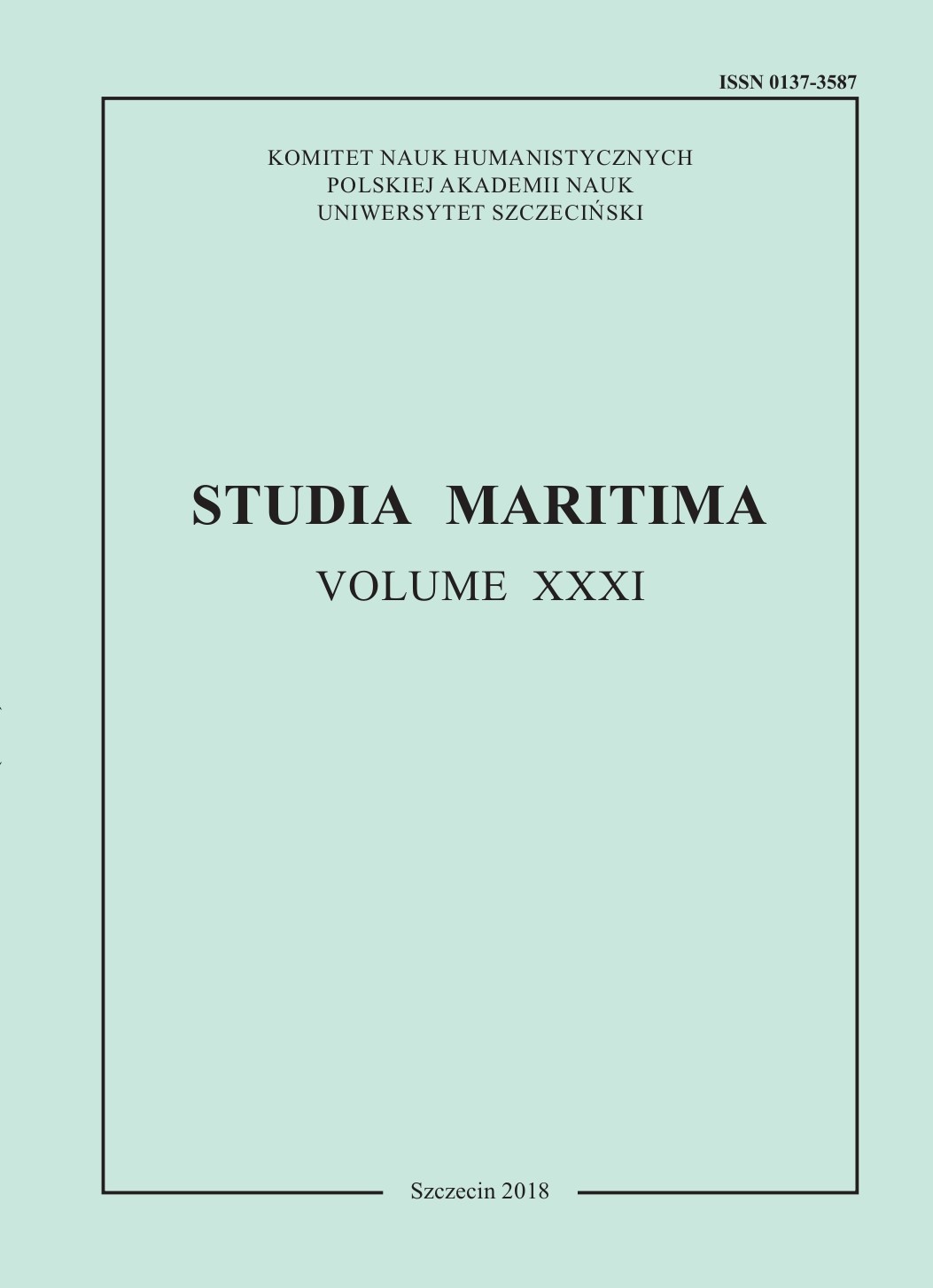Illvirkjar Ok Óskírðir. Eiríksdrápa by Markús Skeggjason as an Example of Using the Motif of the Slav-pagan in the Scandinavian Medieval Literature
Illvirkjar Ok Óskírðir. Eiríksdrápa by Markús Skeggjason as an Example of Using the Motif of the Slav-pagan in the Scandinavian Medieval Literature
Author(s): Jakub MorawiecSubject(s): History, Studies of Literature, Other Language Literature
Published by: Wydawnictwo Naukowe Uniwersytetu Szczecińskiego
Keywords: poetry; paganism; Slavs
Summary/Abstract: The article presents Eiríksdrápa, a poem dedicated to Erik the Good, king of Denmark (1095–1103), written by Markús Skeggjason, an Icelandic poet. The poem graced the visit of Jón Ǫgmundarson in Lund w 1105, where the local archbishop Gizurr ordained him Bishop of Hólar. The poem glorifies King Erik’s achievements that indicate the Christian character of his rule, which was additionally confirmed by obtaining consent to create a new Archdiocese in Lund and by the king’s pilgrimages to Rome and the Holy Land. The Christian dimension of Erik’s rule is also reflected in the motif of his military actions against the pagan Slavs; it occupies a prominent place in Markús’s poem and is analysed in the present article. The motif depicts the Slavs as traitors (svikmenn) and pagans (heiðnar), who were a threat to the peace in the kingdom. Erik’s lack of mercy to them proved his just and pious rule in Denmark. The motif in question turned out to be very useful in the process of building up an image of a Christian ruler; on the other hand, it shows the artistic skills of Markús, based on the oeuvre of other poets who also described the pagan Slavs.
Journal: Studia Maritima
- Issue Year: 31/2018
- Issue No: 1
- Page Range: 23-43
- Page Count: 21
- Language: English

